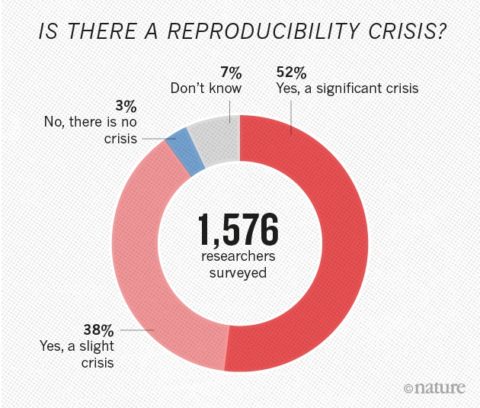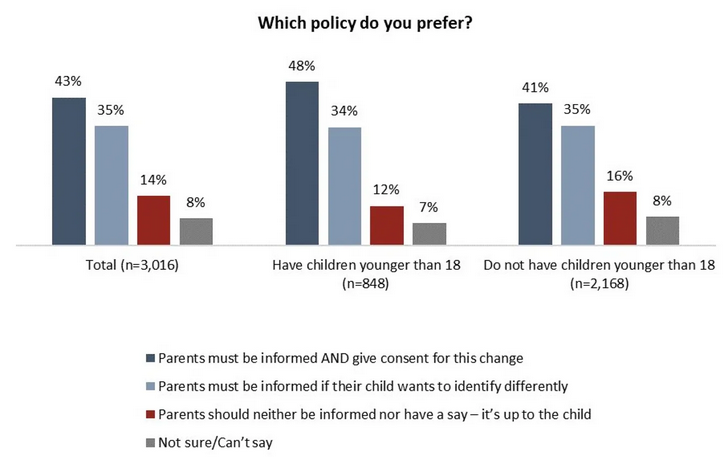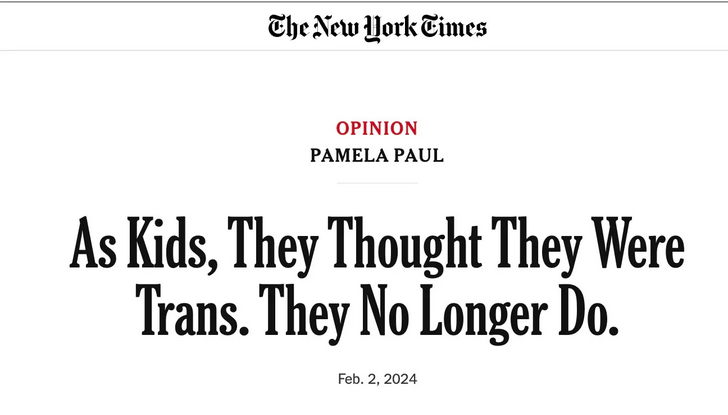At Postcards from Barsoom, John Carter sets off all the alarms with a proposal to address the burgeoning issue of social media addiction and the closely correlated rise in mental health issues among young women:
The psychic breakdown of the young Western female has been the defining political phenomenon of the twenty-first century. Women are suffering from depression, anxiety, neurosis, and dysphoria as never before, they’re drugged to the gills to deal with it, and they’ve got the SSREyes to prove it.
This isn’t only a problem for young women. Their suffering is everyone’s suffering. The romantic paranoia engendered by MeToo, a mass hysteria that has grown directly out of this plague of neurosis, has destroyed courtship among the young. As a result a shocking fraction of young men are virgin incels, while their femcel counterparts are contemplating a future where 45% of them will be childless. Driven by their neglected ovaries to latch on to surrogate children in the form of migrants and minorities, and entering into lesbian civil unions with the Mammy State, childless women overwhelmingly vote left – as always, the party of the psychically distressed thrives to whatever degree it cultivates psychic distress. The political derangement is downstream of their emotional derangement, and the two feed on one another in a vicious spiral of crazed minds pushing crazed policies that craze minds yet further, a cycle that threatens to break civilization, either gradually through steady demographic deflation and spiritual demoralization, or perhaps – if the young men alienated by a society that has ruined their women cease stupefying themselves with porn, and cohere as an army – more catastrophically.
There’s no real mystery as to why this has happened.
Jonathan Haidt has demonstrated at length and in extraordinary empirical detail that the rise in emotional disturbance among young women correlates precisely with the introduction of the smart phone, and the mass migration of social lives onto social media that immediately followed. The slot machine engineers of Silicon Valley trapped the world’s young women in a Skinner box by hacking their instinctive sexual competition strategies. Suddenly every young girl in the world was measuring herself against every other young woman, all viewing one another through the distorting filters of flattering camera angles, ruthlessly curated digital photographs, makeup, plastic surgery, and AI filters that smoothed wrinkles, removed blemishes, and reduced unwelcome poundage. On the Internet no girl is ever the prettiest girl in the room, or even the second or third prettiest. Meanwhile they’re flooded with a relentless barrage of that most intoxicating of drugs: male attention.
Of course they went mad.
They’re all wandering around in a state of selfie-shock.



















